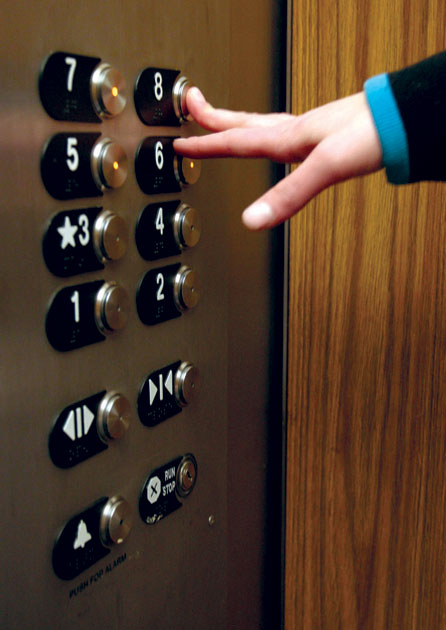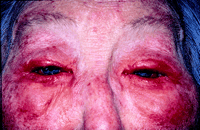When thinking about the fundamental principles of health, I have to wonder how effective any pill (homeopathic or vitamin or other) can be for a chronic disease like glaucoma that takes decades to develop.
In another thread on glaucoma, emotions, stress and NTG, Dr. Ritch said:
Pigmentary dispersion syndrome is associated with perfectionistic, detail-oriented, high stress people.
No herb or vitamin pill is going to change those traits. (Even psychiatric medicines won't fundamentally change them -- only suppress them, at best.) The research from psychoneuroimmunology (see Dr. Candace Pert's work) shows that these personality traits turn into biochemical molecules in the body -- powerful chemicals that are more potent and more abundant than most pharmaceutical medicines --- and that come in a endless supply day after day. We wake up every morning and never forget to put on our personality. When we do so, our body is flooded with the biochemical signature of that personality. Any pill we take does little more than put a small dent in that massive stream of internally manufactured biochemical compounds.
Think about that while reading this quote from a book by respected neurosurgeon Norman Shealy, M.D.**
Perhaps the best work in this field has been done by Dr. Caroline Thomas of Johns Hopkins Medical School. Her prospective studies of medical students have shown a high correlation with personality. Relatively specific personality quirks or defects predispose one to high blood pressure, tuberculosis, heart attack, cancer or suicide. These traits are present twenty to thirty or more years before the onset of disease. It appears that our “life script,” meaning our unconscious decisions regarding how our life will play itself out, provides a long-term attitudinal precursor of illness.
I wasn't familiar with that research in any detail, and I'm not relying upon it -- but this is essentially the same conclusion my own personal research on intraocular pressure led me to, and it is a core message of FitEyes because it conforms to time-tested principles of more than one traditional system of healing.
Here's the succinct way I like to state it (based on Ayurveda):
Consciousness structures the physiology.
Our habitual thought patterns, emotional patterns and lifestyle habits shape the form and function of the material structure of the body over time. We become physically who we are emotionally and psychologically. This is the most fundamental and powerful force shaping the development of any condition in the human body. Given that fact, how can we expect some little pill that we take to radically alter these long term trends?

 This is from an email conversation between me and an ophthalmologist on the topic of research data.
This is from an email conversation between me and an ophthalmologist on the topic of research data.
